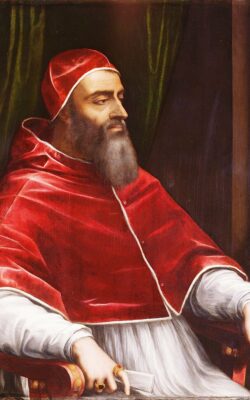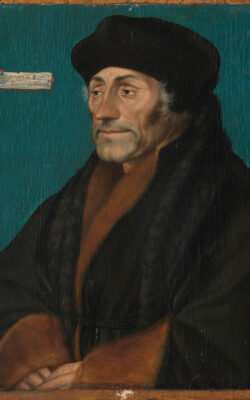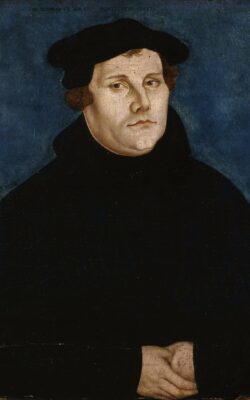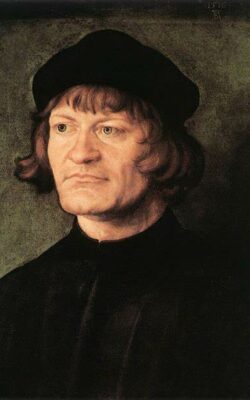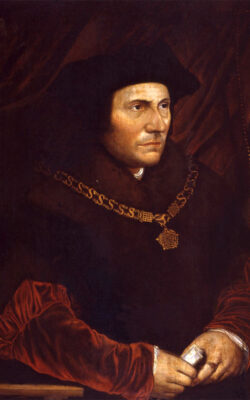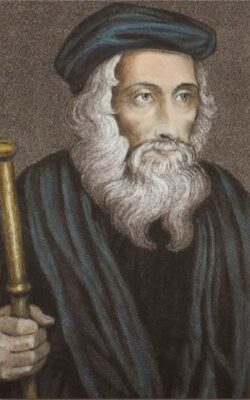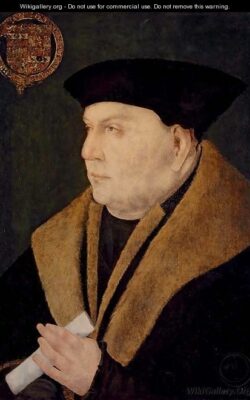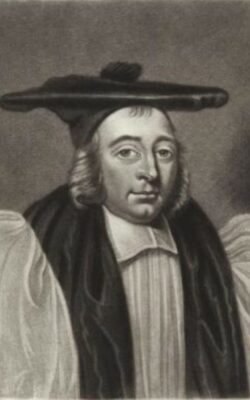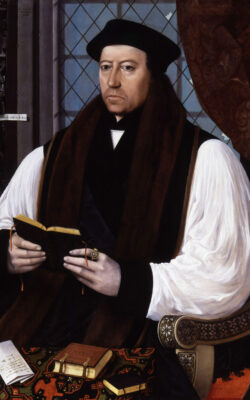The Reformers
Over the centuries the church, particularly in the office of the papacy, had become deeply involved in the political life of western Europe. The resulting intrigues and political manipulations, combined with the church’s increasing power and wealth, contributed to the bankrupting of the church as a spiritual force. While Henry VIII’s actions to replace Pope Clement VII as head of the English Church, dissatisfaction and efforts to reform the Roman Catholic Church had circulated for years on the Continent and in England before Henry’s act.
Major Players in the Reform of the Church in the 16th Century
Religion was deeply embedded in human life in this era, especially the ever-present, extremely important relationship between ecclesiastical authorities and political authorities. At the same time, there was a wide-ranging spectrum of religious commitment, from fervent devotion to indifference and hostility for the church. Religious humanists envisioned a purified Christianity based on scripture and early writings of the early Christian Fathers, those most closely associated with the unadulterated message of Jesus Christ. With a few notable exceptions, i.e., Martin Luther, most had a relatively optimistic view of human nature. There were strong personalities on both sides of reform – those who pushed and those who resisted.
To learn more about the following characters, click on their individual picture.
Henry VIII - A Loyal Supporter of the Roman Church
The Protestant Reformation did not become a widespread movement in England during the 1520s or 1530s. England was much more rural than southern Germany or the Low Countries where reform ideas flourished. Except for London, there was little urban dynamic to the first inroads of the Reformation. While the writings of Luther and other reformers were imported to England as early as 1518, a concerted reaction against Reformation ideas existed in England, strongly backed by Henry VIII. However, Henry’s opposition to Reform faded once he sought to have his marriage with Catherine of Aragon annulled and to marry Anne Boleyn.
